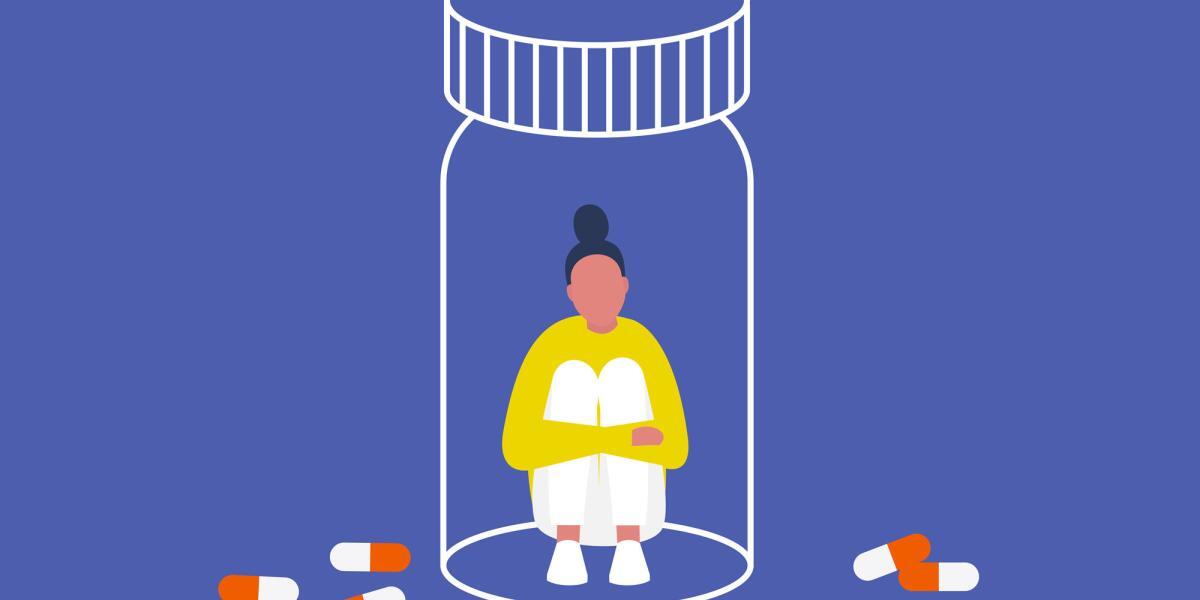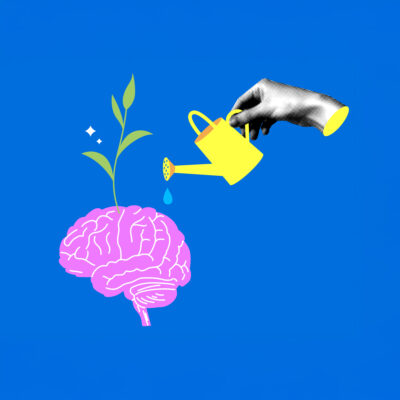Can you manage depression without medication? Depression treatment without antidepressants may sound too good to be true but you may be surprised to find that it’s equally effective. Depression is a common mental health condition affecting around 5% of the world’s adult population (including celebrities like (Lady Gaga and Cara Delavigne), according to the World Health Organisation. However, many of those with the condition are limited in terms of treatment options offered by public health services.
Antidepressants are a popular form of treatment for depression that many patients find to be effective; in fact, the number of antidepressant products prescribed and dispensed in England has more than doubled in the period 2008-2016.
However, there is an assumption that antidepressants are the only form of treatment for those with depression. In fact, there are many alternatives, and these should be heavily researched by those who are faced with a decision on how to take back control over their mental health.
Ultimately, the type of treatment you choose will depend upon medical advice, the severity of the depression, and what you feel comfortable undertaking.
Depression treatment without antidepressants
Repetitive Transcranial Magnetic Stimulation (rTMS)
rTMS is an innovative treatment that utilises a pulsed magnetic field to influence electrical brain activity. It is painless and does not require the patient to take medication alongside the treatment.
rTMS has been repeatedly shown as an effective drug-free treatment for depression. The London Psychiatry Centre, a Harley Street clinic specialising in rTMS, has reported that ‘59% of women and 62% of men who have been treated for Treatment-Resistant Depression (TRD)’ have recovered after undergoing this treatment at their clinic.
Talking therapy
Talking therapy involves talking about your mental state with a trained mental health professional. There are a range of different approaches to talking therapy available on both public and private healthcare. These include:
- Cognitive behavioural therapy (CBT) – CBT is a long established therapy which involves deconstructing the issues that you currently face that may be contributing to your depression, and changing the negative patterns associated with these issues to help you deal with them more positively in future.
- Interpersonal therapy (IPT) – this treatment is suited to those who have difficulty in their relationships with others, for example, struggling with communication or coping with loss.
- Counselling – counselling can be suitable to those who are going through a situation that is triggering depression or anxiety. Counsellors offer support by listening to your problems and offering practical advice to help you cope.
Positive lifestyle changes
Some people with mild depression may be able to manage their symptoms by making positive lifestyle changes. These changes can encompass mental and physical health as part of a holistic approach to self treatment for depression.
Changes can relate to:
- Exercise – increasing the level of exercise can release certain mood-lifting hormones, as well as improving self image.
- Diet – certain foods can contribute to improved mental wellbeing, such as whole foods, and foods that are rich in antioxidants, vitamins and minerals. By contrast, regularly consuming processed and high-sugar foods can lead to poorer mental health over time.
- Stress – reducing stress is crucial to improving both mental and physical health. Although these may not be possible for everyone, some tips include reducing your workload at your job, spending less time with people who bring down your mood, and dedicating more time to self care.
- Sleep – an unhealthy sleep routine can lead to you becoming stuck in a cycle of low mood and poor sleep, which can be difficult to break out of. Try implementing a more hygienic sleep routine, which may include reducing screen time before bed, introducing better air flow into your bedroom, or using a sunrise simulation lamp to improve your ability to wake up on time.
This article suggests just a few methods of managing depression without the use of antidepressants, but there are many more that can be explored with the advice of a medical professional. Although depression is a common mental health condition, many people can make a full recovery, or at least achieve manageable symptoms, with the right treatment.







